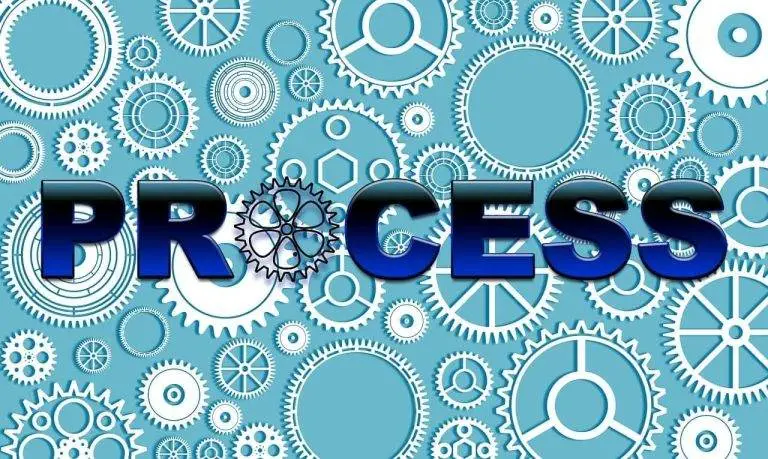Liquidation is not the End, but a New Beginning
Are you a business owner facing financial challenges? Is your company struggling with debt, including SARS obligations? How Liquidation works in South Africa is that it is an excellent tool given to all business owners to help them limit their own and creditors’ damages while restructuring the business if they want to continue. You might be surprised to learn that liquidation does not have to mean the end of your entrepreneurial journey. In fact, South African law provides a pathway to clear your debts through liquidation so that you can start over with a clean slate. It is a very powerful mechanism to use.
Liquidation is a Strategic Move
Many entrepreneurs fear that liquidating a company in South Africa means that their primary source of income will leave them without means to survive. South Africa works differently when it comes to other countries. Our Companies Act WANTS you to liquidate the company as soon as possible and for that reason you are not penalised because you liquidate a company. In some countries you may not own a business for a period after liquidation. That does not exist in South Africa. You may own many companies that are liquidated and many that are successful.
It is important to understand that voluntary liquidation is a strategic move to eliminate overwhelming debt and pave the way for a new beginning, an opportunity afforded to all business owners by the law.
Liquidation Writes Off Company Debt
Liquidation in effect writes off the debts of the company. The assets (if any) are sold so that the proceeds can be paid to creditors. A company does not need to own assets to be able to liquidate. If there are no assets the creditors will not get paid and if the directors did not sign personal surety for the debts, they must write the debt off.
Liquidation Can Also
- Clear existing business debts, including SARS obligations
- Provide an opportunity to restructure and optimize your business model
- Create potential to retain valuable assets and staff if the directors want o
- Make it possible to maintain client relationships
No Legal Restrictions
There are no legal restrictions on the number of companies an individual can own or voluntary liquidate in South Africa. This flexibility is designed to encourage business activity and support economic resilience.
Before proceeding with liquidation, it is essential to consider restructuring your business if you want to continue to trade afterward. A company can be restructured so that it paves the way for further trade after liquidation. A well-planned restructuring process can help you:
- Identify and address inefficiencies in your current business model
- Streamline operations for improved profitability
- Retain valuable components of your business (assets, staff, clients)
- Position your new venture for success
Our Services
We offer comprehensive liquidation services that goes beyond simple liquidation. The writer is a liquidation lawyer that has helped many companies with the voluntary liquidation process. We will guide you as follows:
- Assessing your current business situation
- Advising on a restructuring plan
- Navigating the liquidation process
- Setting up your new business entity
Speak to Us Directly
We respond as fast as we can. Your calls are not screened by secretaries or other staff. We respond to emails within 24 hours if not almost immediately. Talk to an attorney directly.




